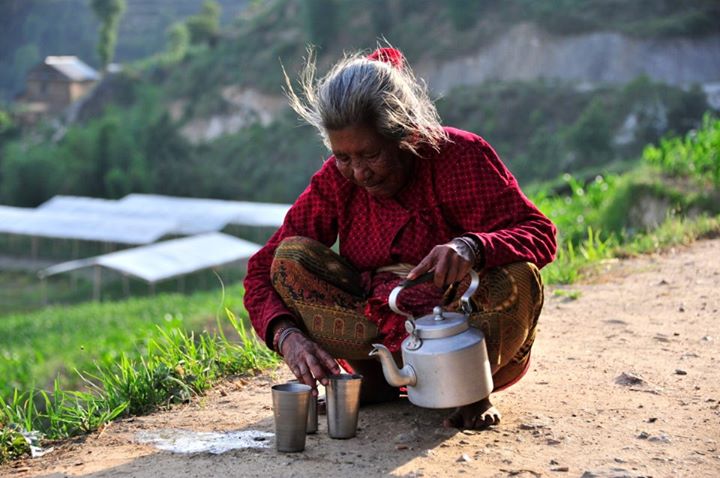
HSC was well represented at the BU 6th Annual Postgraduate Conference 2014 with talks under the themes Lifelong Health and Wellbeing and Ageing, Society and Dementia by:
Jonathan Branney :“Is spinal manipulation associated with changes in cervical inter-vertebral motion”
Ashley Mitchell: “Can we fix it?!: Understanding the impact of children’s hospices on parental relationships of life-limited and life-threatened children and young people”.
Ben Hicks: “Using commercial computer game technology to benefit men with dementia residing in rural areas of Dorset”
Mevalyn Cross (HSC) won a prize for best xxx oral presentation with her work with Les Todres on “The delivery of humanly sensitive care in an older person’s hospital setting: A phenomenological and action research study”.
Also winning a prize for her photo, Sheetal poster, photo and oral presentations on “Pregnant and dirty: A qualitative study of childbirth practice, beliefs and myths in Nepal”. The paper is currently under review by eBU. eBU editor Andrew Harding, PGR, HSC was present and encouraged conference attendees to submit to eBU, as their abstracts will be published in eBU.
Also present was first year Clare Farrance part of the organising committee with Ashley and a chair. And a theme Leader: Professor Edwin van Teijlingen, Professor of Reproductive Health Research who spoke of student engagement with their profile pages, blogging and publishing endeavours.
Highlights included a keynote presentation by Professor Kevin Warwick, Professor of Cybernetics, from the University of Reading who twice has had implants which permitted manipulation as part of robot learning and appears in the 2013 edition of the Guinness World Records Book for the first direct electronic communication between two nervous systems with his wife Irena. His work centers on artificial intelligence, biomedical engineering and control systems.
Definitely a conference with something for everyone and a opportunity to engage with other schools.
Other presentations from HSC included:
Photos presentations:
Jib Acharya: “The Raute: An Ethnic and Nomadic Group (the hunters and gatherers) estimated from 900 years ago and few remaining only in South Asia”
Clare Farrance: “Keeping your fingers crossed for a health old age”
Posters included:
Jib Acharya: “A Comparative study on Nutritional Problems in Preschool aged children of the Kaski District of Nepal”
Jennifer Roddis: “Experience of interviewing: Face-to-face-v-Telephone”.
Thank you to Vanora Hundley and Jen Lemmon for their feedback.
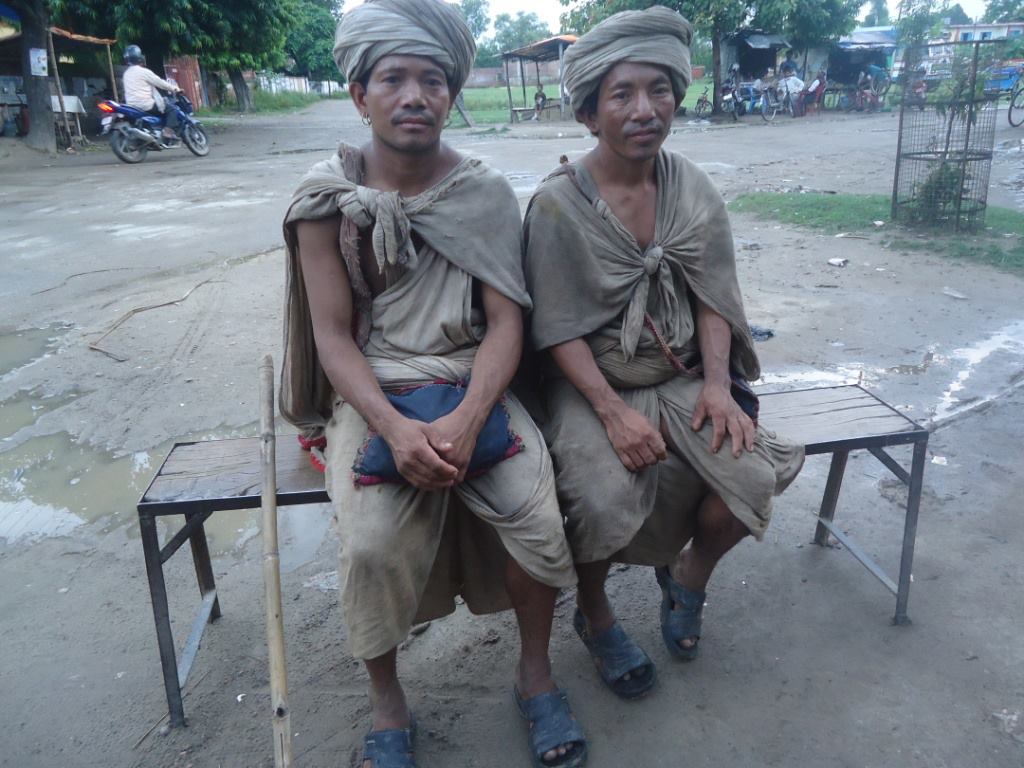

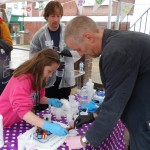
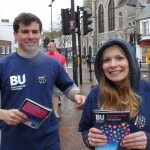
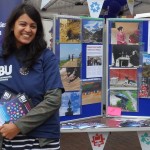
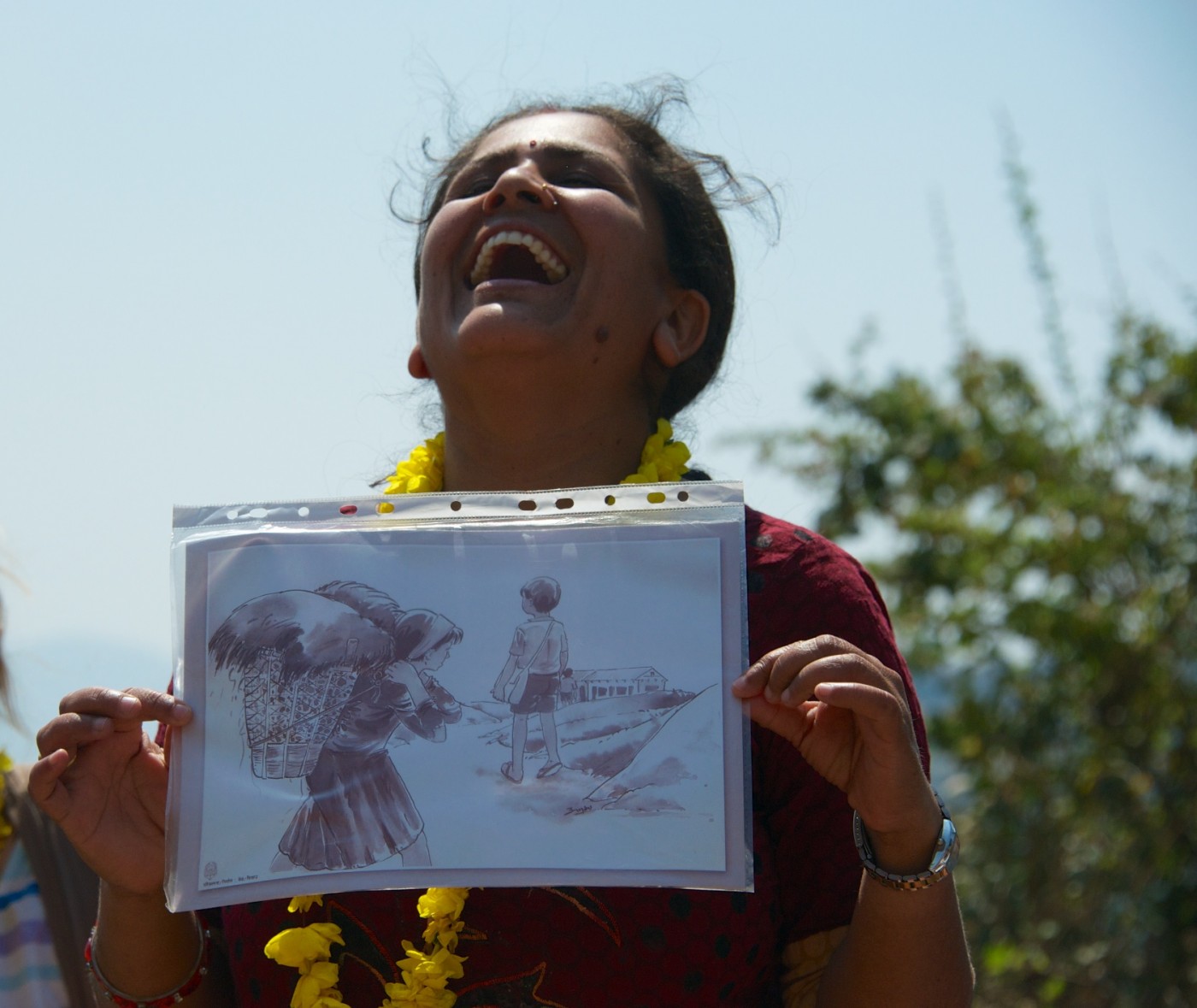

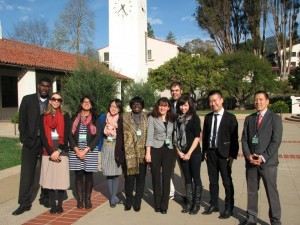
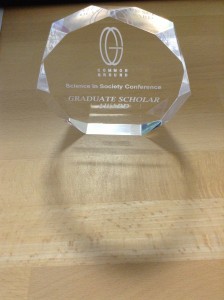











 Dr. Ashraf cited on ‘Modest Fashion’ in The Guardian
Dr. Ashraf cited on ‘Modest Fashion’ in The Guardian NIHR-funded research launches website
NIHR-funded research launches website Academics write for newspaper in Nepal
Academics write for newspaper in Nepal New paper published on disability in women & girls
New paper published on disability in women & girls Global Consortium for Public Health Research 2025
Global Consortium for Public Health Research 2025 MSCA Postdoctoral Fellowships 2025 Call
MSCA Postdoctoral Fellowships 2025 Call ERC Advanced Grant 2025 Webinar
ERC Advanced Grant 2025 Webinar Horizon Europe Work Programme 2025 Published
Horizon Europe Work Programme 2025 Published Horizon Europe 2025 Work Programme pre-Published
Horizon Europe 2025 Work Programme pre-Published Update on UKRO services
Update on UKRO services European research project exploring use of ‘virtual twins’ to better manage metabolic associated fatty liver disease
European research project exploring use of ‘virtual twins’ to better manage metabolic associated fatty liver disease